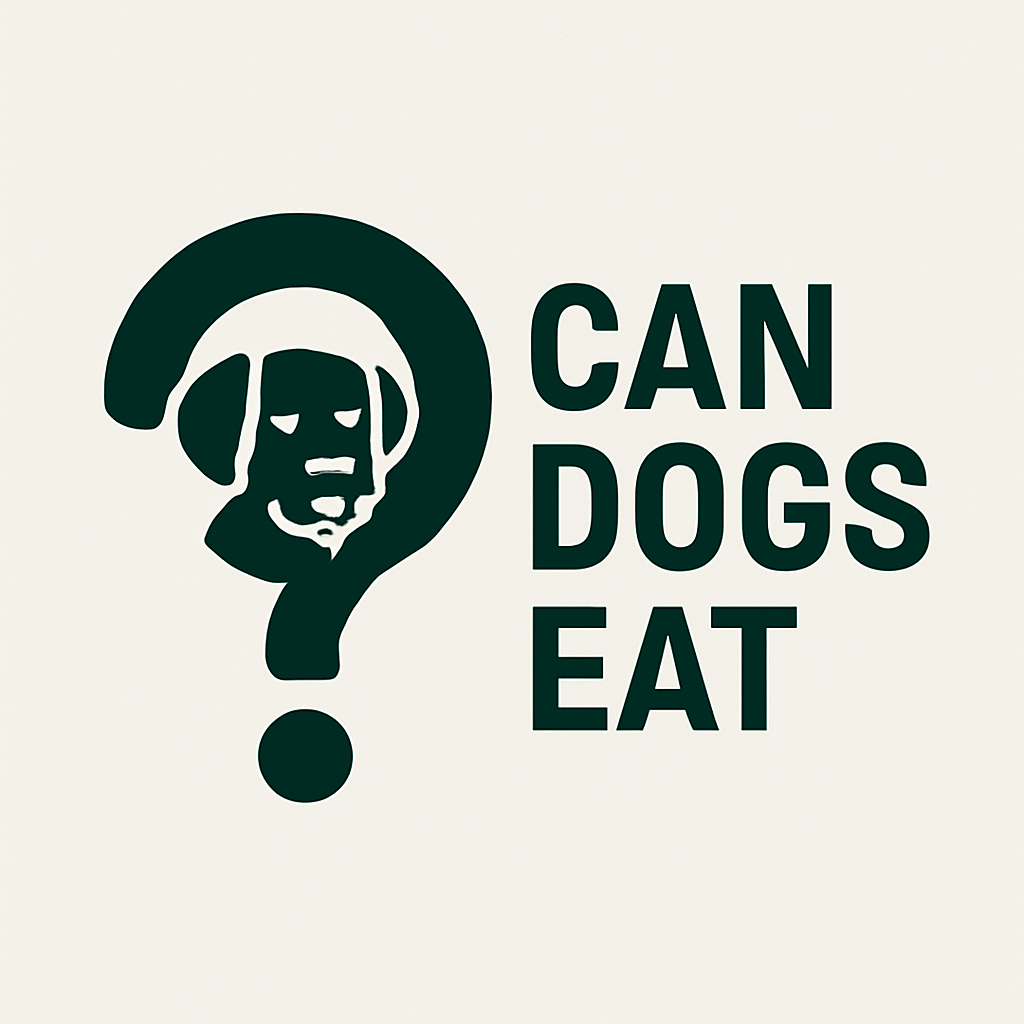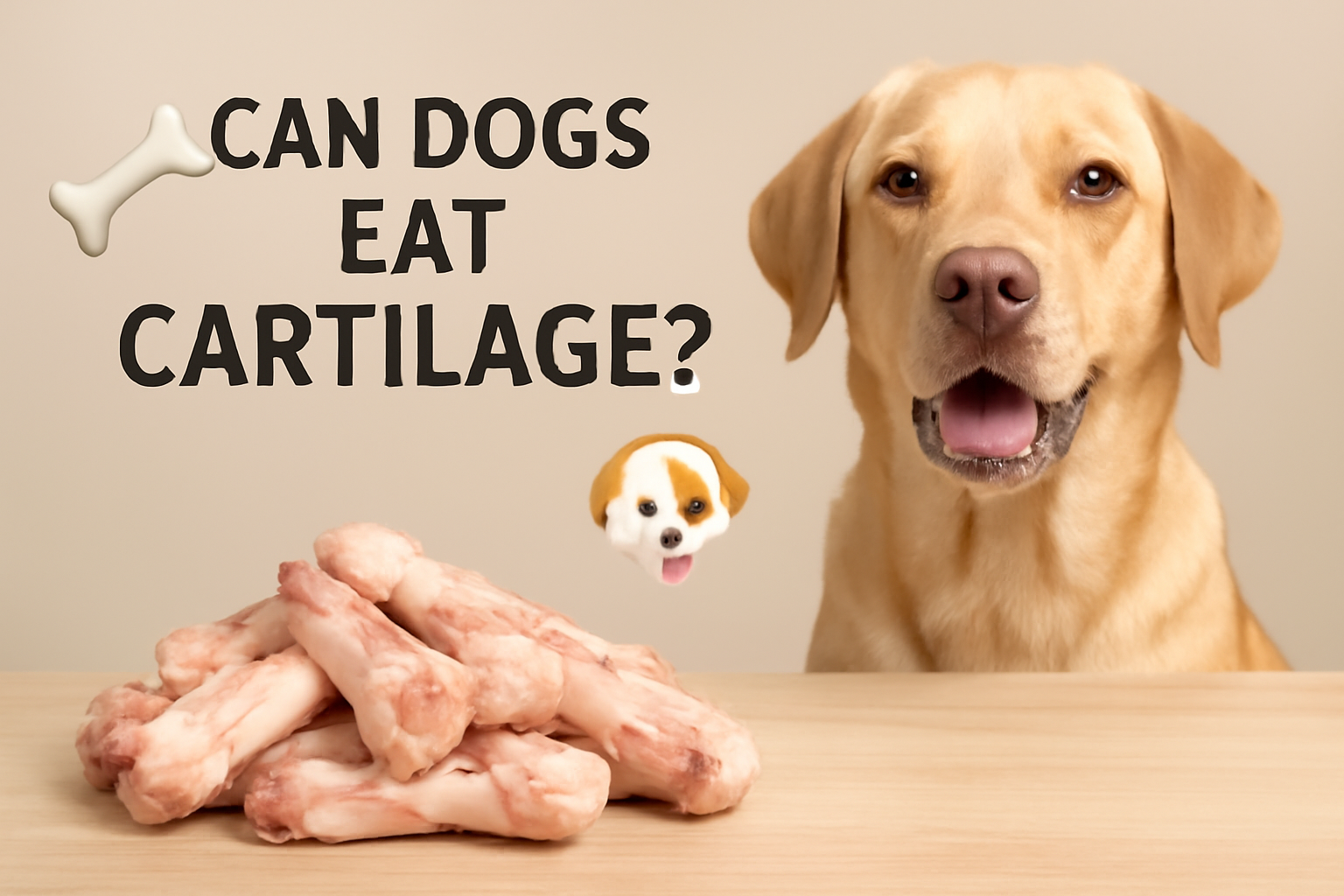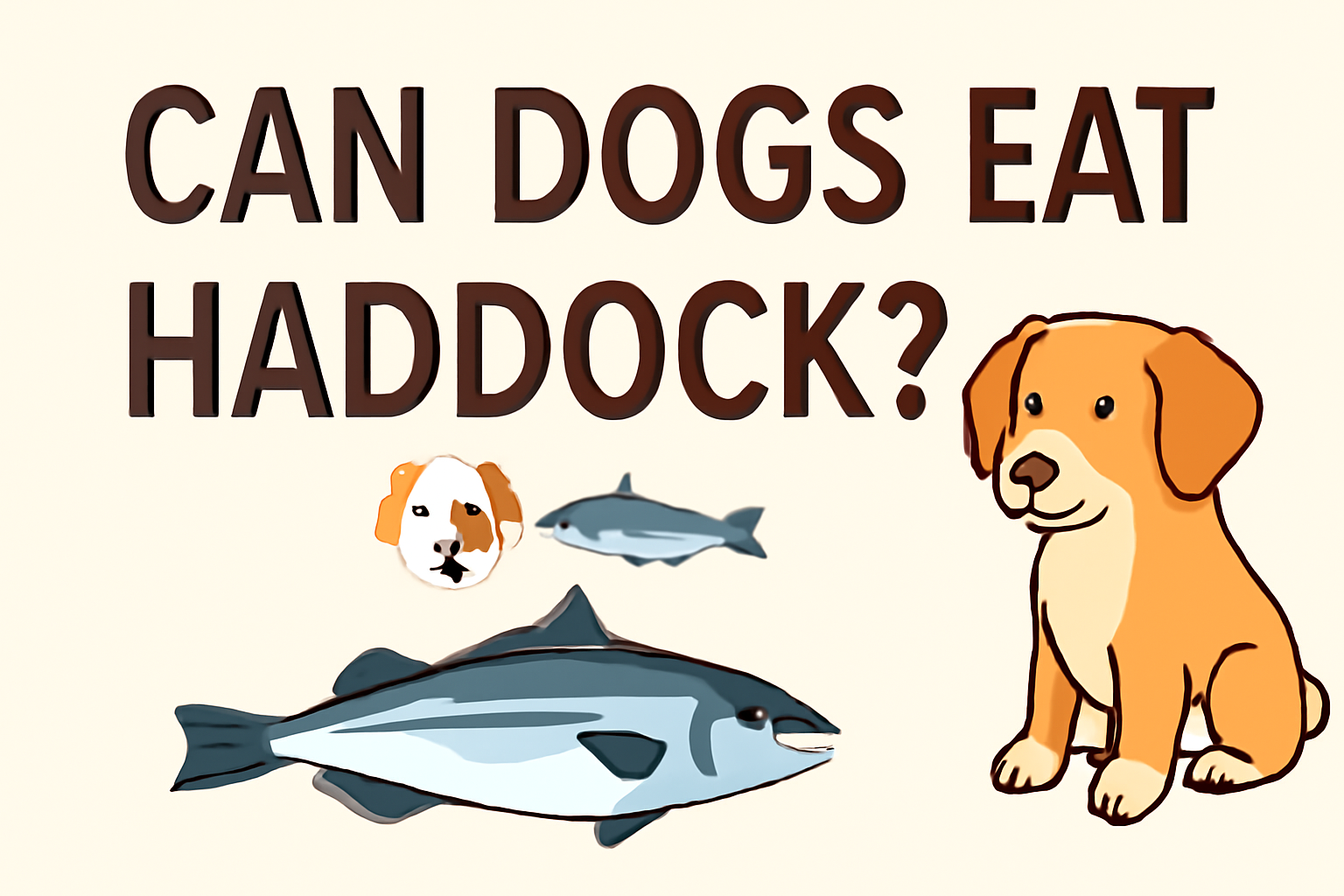Can Dogs Eat Dried Squid? 🦑🐕
As pet owners, we want to give our dogs the best treats and food to keep them happy and healthy. When it comes to sharing snacks, many pet owners might wonder if it’s safe for dogs to eat certain human foods. One such snack that has become popular is dried squid.
Dried squid is a common treat for humans, especially in Asian cuisine. It’s packed with flavor and is easy to store, making it an attractive snack for us. But what about our dogs? Can they eat dried squid safely, or should we avoid it? This article will explain whether dogs can eat dried squid, its potential benefits and risks, and what to do if your dog eats some by mistake.
What is Dried Squid? 🤔
Dried squid is a seafood product made by dehydrating squid, a type of marine animal. It’s often found in snack stores and is popular in many Asian countries as a savory treat. Dried squid is usually chewy, salty, and has a distinct fishy taste, which appeals to many humans. It’s often seasoned or flavored with various spices, sauces, and sometimes salt to preserve it.
Can Dogs Eat Dried Squid? 🦴
While dried squid is not toxic to dogs, it is not recommended as a regular treat for several reasons. Here’s a breakdown of why it may not be the best snack for your dog:
1. High Sodium Content 🧂
Dried squid contains a lot of salt (sodium), which is used to preserve the squid and enhance its flavor. However, high sodium levels are dangerous for dogs. Too much salt can lead to salt poisoning, which can cause dehydration, kidney damage, and other health problems. If a dog consumes too much salt, they may experience symptoms like:
- Excessive thirst 💧
- Vomiting 🤢
- Diarrhea 💩
- Lethargy 😴
- Seizures in extreme cases ⚡
The sodium content in dried squid is high enough that it should be avoided, especially for dogs with kidney problems or other health issues.
2. Tough and Hard to Digest 🍽️
Dried squid is a chewy and tough snack. If your dog eats a piece of dried squid, they may have trouble chewing it properly, leading to digestive issues like vomiting, choking, or intestinal blockages. The texture is hard and fibrous, which can also be hard on your dog’s teeth, especially for older dogs or dogs with dental issues.
3. Preservatives and Additives 🏭
Many dried squid snacks are treated with preservatives and artificial flavorings to enhance their taste and extend their shelf life. These additives are not suitable for dogs and can cause negative reactions. For example, monosodium glutamate (MSG), often used as a flavor enhancer in dried squid, can cause symptoms like:
- Stomach upset 🤢
- Headaches 💥
- Hyperactivity ⚡
These ingredients can be harmful to your dog’s digestive system and overall health.
4. Choking Hazard 🐾
Dried squid can break into small, hard pieces, which may pose a choking hazard for dogs. If your dog swallows a piece that is too large or doesn’t chew it properly, it could get stuck in their throat or digestive tract, leading to serious complications.
What Happens if My Dog Eats Dried Squid? 🚨
If your dog eats dried squid by accident, here’s what you should do:
- Stay Calm 🧘♀️
First, don’t panic. While dried squid is not the best treat, it’s unlikely to cause immediate harm unless your dog has eaten a large amount. - Monitor Your Dog 👀
Keep an eye on your dog for the next few hours. Watch for any signs of vomiting, diarrhea, or lethargy. If your dog shows any of these symptoms, contact your vet immediately. - Hydration is Key 💧
Since dried squid is high in salt, make sure your dog has access to plenty of fresh water. This can help dilute the salt in their system and prevent dehydration. - Contact Your Vet 🩺
If your dog eats a large amount of dried squid or if they show symptoms of salt poisoning, it’s important to call your vet for advice. Salt poisoning can be serious, and your vet may suggest bringing your dog in for treatment.
Is Dried Squid Healthy for Dogs? 🐕
While dried squid is not necessarily toxic, it’s not the healthiest snack for dogs. Here are some of the potential health benefits and risks:
Health Benefits 🌟
- Protein: Dried squid contains protein, which is important for muscle growth and tissue repair. However, there are better sources of protein available that are safer for dogs.
- Omega-3 Fatty Acids: Squid is rich in omega-3 fatty acids, which support your dog’s skin, coat, and joint health. But, there are other fish and supplements that offer omega-3s in a safer form for dogs.
Health Risks ⚠️
- High Sodium: As discussed, the high salt content in dried squid is a serious health risk, especially if consumed frequently.
- Hard to Digest: The texture and dryness of dried squid can cause digestive discomfort and even lead to intestinal blockages.
Safer Alternatives to Dried Squid for Dogs 🦴
Instead of dried squid, there are plenty of healthier, dog-friendly treats that you can offer your dog. Here are some safe and nutritious options:
1. Carrots 🥕
Carrots are low in calories and high in fiber, making them a great treat for dogs. They also help clean teeth and promote good oral health.
2. Apples 🍏
Apples are a good source of fiber and vitamins, and most dogs love the sweet, crunchy texture. Just make sure to remove the seeds before offering them to your dog.
3. Peanut Butter 🥜
Dogs love peanut butter, and it’s packed with healthy fats and protein. Make sure to give unsweetened, xylitol-free peanut butter to avoid harmful ingredients.
4. Cooked Chicken 🍗
Plain, cooked chicken is a great protein source for dogs and is much safer than dried squid. Just avoid seasoning with salt, garlic, or onion.
5. Pumpkin 🎃
Pumpkin is a healthy and safe treat for dogs. It’s good for digestion and can help with issues like constipation or diarrhea.
Nutritional Value of Dried Squid 🦑
Here’s a table showing the nutritional value of dried squid per 100g serving:
| Nutrient | Amount per 100g | Benefits and Considerations for Dogs |
|---|---|---|
| Calories | 375 kcal | High in calories, should be consumed in moderation. |
| Protein | 60g | High in protein but should be balanced with other nutrients. |
| Fat | 3g | Moderate fat content, can be high in unhealthy fats if not balanced. |
| Sodium | 2,300mg | Very high sodium content, can lead to salt poisoning. |
| Carbohydrates | 0g | Low in carbohydrates, does not provide much energy. |
| Omega-3 Fatty Acids | 1g | Good for skin and coat health, but better sources are available. |
Frequently Asked Questions (FAQ) ❓
1. Can dogs eat dried squid every day?
No, dried squid should not be a regular part of your dog’s diet. It’s high in sodium, which can lead to health problems if fed frequently.
2. Is it safe for dogs to eat raw dried squid?
While raw squid isn’t toxic, dried squid has high salt content, which can be harmful. It’s not recommended as a regular treat.
3. What are the symptoms of salt poisoning in dogs?
Symptoms of salt poisoning include vomiting, diarrhea, excessive thirst, lethargy, and seizures. If you notice any of these, contact your vet immediately.
4. What can I give my dog instead of dried squid?
There are many healthier alternatives, such as carrots, apples, plain cooked chicken, and peanut butter (without xylitol).
5. Can I give my dog squid as a treat occasionally?
Yes, you can offer small amounts of squid as an occasional treat, but ensure it’s properly cooked and free of harmful seasonings. Always serve it in moderation.
Conclusion 🎉
In conclusion, dried squid is not a recommended treat for dogs due to its high sodium content, toughness, and potential for digestive upset or choking. While it’s not toxic, it can lead to health issues if given frequently. Instead, consider offering your dog healthier alternatives like carrots, apples, and plain cooked meats.
As always, when introducing new foods into your dog’s diet, it’s important to monitor for any allergic reactions or signs of digestive issues. Stick to treats that are safe and specifically designed for dogs to ensure they stay happy and healthy! 🐾🐕




